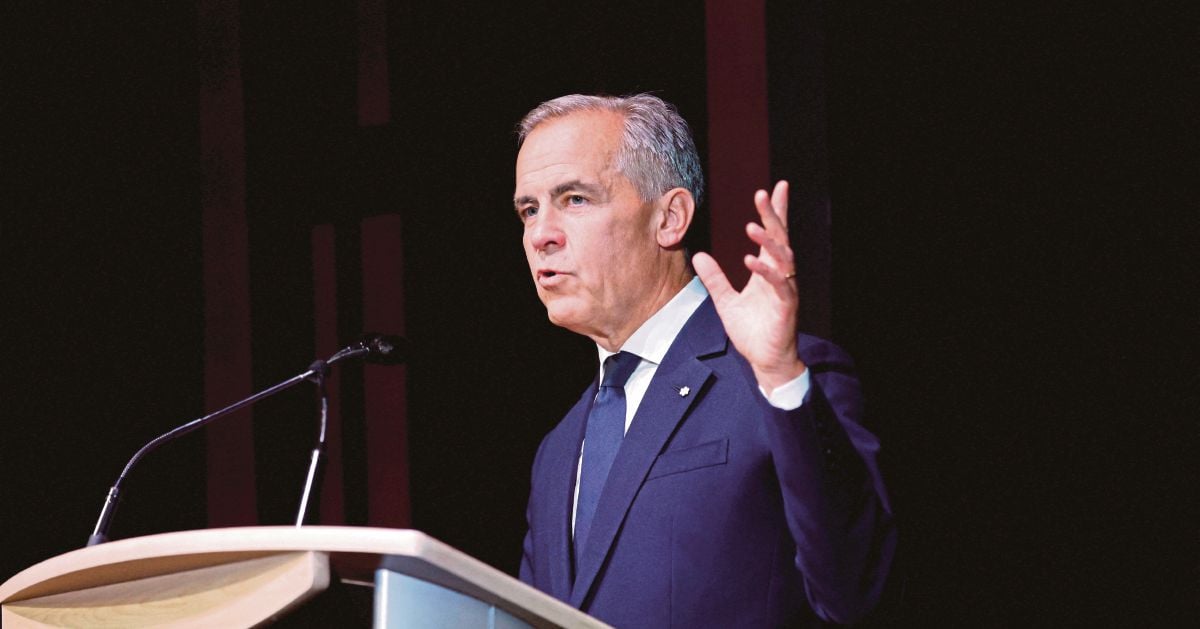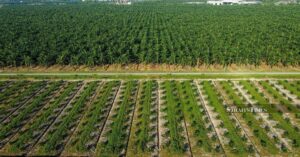ON the night he won Canada’s election, Prime Minister Mark Carney summarised his plan to jumpstart the country’s economy in response to United States President Donald Trump‘s threats.
“Build, baby, build!” Carney told a jubilant crowd of Liberal party supporters in April.
In the early weeks of his first term, Carney’s plans to build have taken shape, headlined by the new “Major Projects Office”, launched last month to spearhead the construction of ports, highways, mines and perhaps a new oil pipeline — a contentious subject for groups concerned about the environment.
The office, which is expected to announce its priorities in the coming days, was formed after Carney’s Liberals secured cross-party support to pass legislation empowering his government to fast-track “nation-building projects”.
“We are moving at a speed not seen in generations,” said Carney, a level of urgency he argues is required as Trump reshapes the global economy.
Trump‘s threats to annex Canada have eased, but his trade war is hurting the Canadian economy.
US tariffs on autos, steel and aluminium have squeezed the three crucial sectors and led to job losses.
The unemployment rate hit 7.1 per cent in August, the highest level since 2016 outside of the Covid-19 pandemic.
That “adds to evidence that the trade war is taking its toll on Canadian labour markets,” said RBC senior economist Claire Fan.
Since entering politics earlier this year, Carney has insisted Canada needs to break its decades-long reliance on US trade by revitalising internal commerce while pursuing new markets in Europe and Asia.
During a visit to Germany last month, Carney said his government was “unleashing half a trillion dollars of investment” in infrastructure for energy, ports and other sectors.
Jay Khosla, an energy expert at the Public Policy Forum, said the momentum to build would not have been possible without Trump.
“We know our economy is in peril,” he said, noting Canada was effectively “captured economically”, because of its closeness to the US.
Canada is the world’s fourth largest oil exporter and its crude reserves are the world’s third largest. Most of its resources are in the western province of Alberta, which exports almost exclusively to the US, as Canada lacks the infrastructure to efficiently get energy products to other foreign markets.
Former prime minister Justin Trudeau, Carney’s predecessor, put climate change at the centre of his political brand and faced criticism from some over his perceived lack of support for the energy sector.
In a shift from the Trudeau era, Carney’s Liberals now support exporting liquefied natural gas (LNG) to Europe.
“What we heard loud and clear from German LNG buyers and LNG users is they believe there is demand and they want to buy our products” said Energy Minister Tim Hodgson in Berlin.
Carney has repeatedly said Canada “can be an energy superpower”.
But not everyone is enthusiastic about that plan.
Greenpeace has accused the prime minister of backing “climate-wrecking infrastructure” while ignoring clean energy.
Carney could likely press ahead despite concerns from pro-climate non-governmental organisations, but support from Indigenous leaders — for whom safeguarding the environment is top priority — is seen as essential.
Despite Carney’s efforts to secure Indigenous backing for his major projects push, their concern persists.
“We know how it feels to have Trump at our border. Let’s not do that and have Trump-like policies,” said Cindy Woodhouse, the national chief of the Assembly of First Nations, in a swipe at Carney’s backing for energy infrastructure.
“Let’s take the time and do things properly.”
THE WRITER IS FROM AFP
The views expressed in this article are the author’s own and do not necessarily reflect those of the New Straits Times
© New Straits Times Press (M) Bhd





